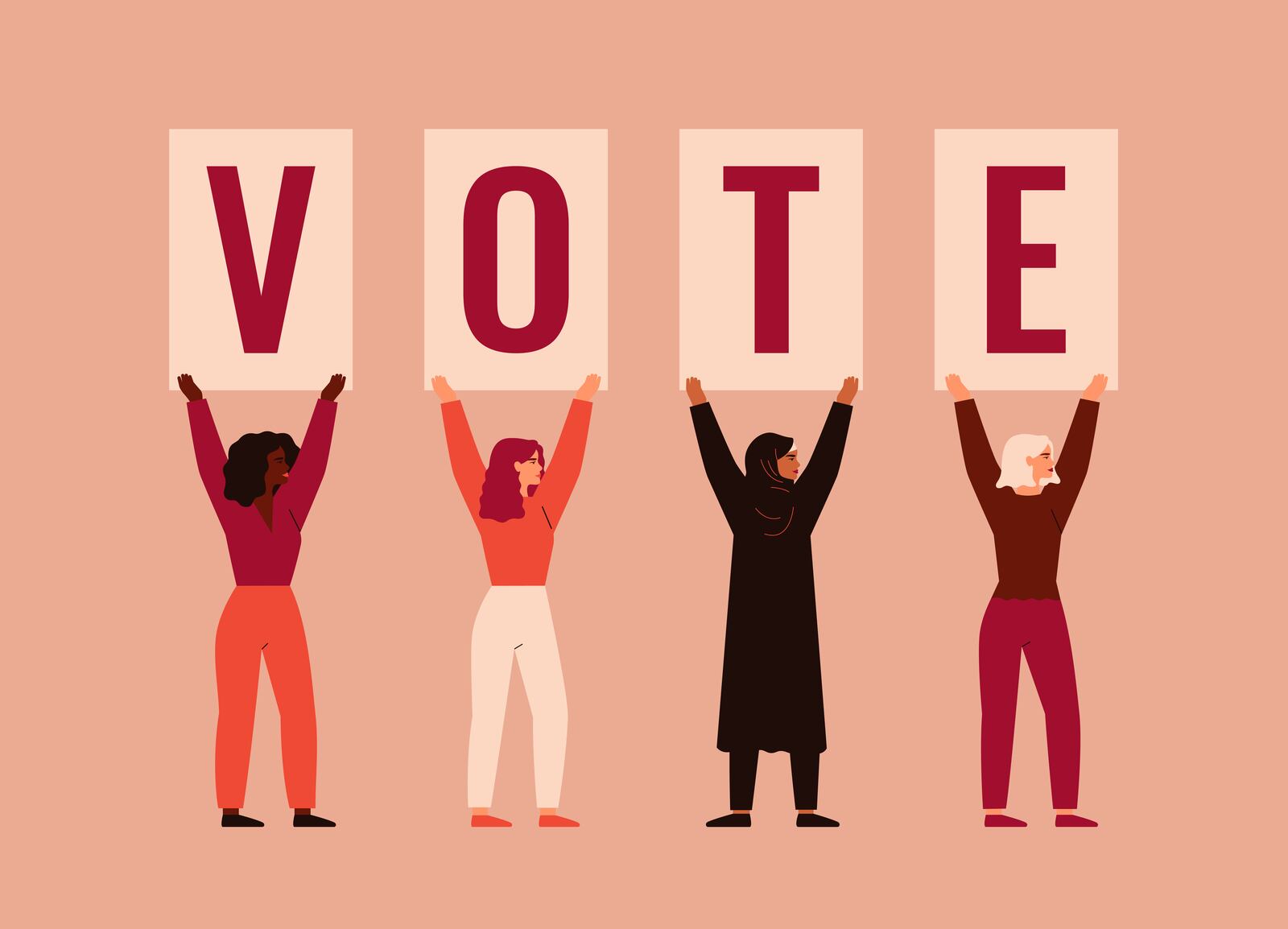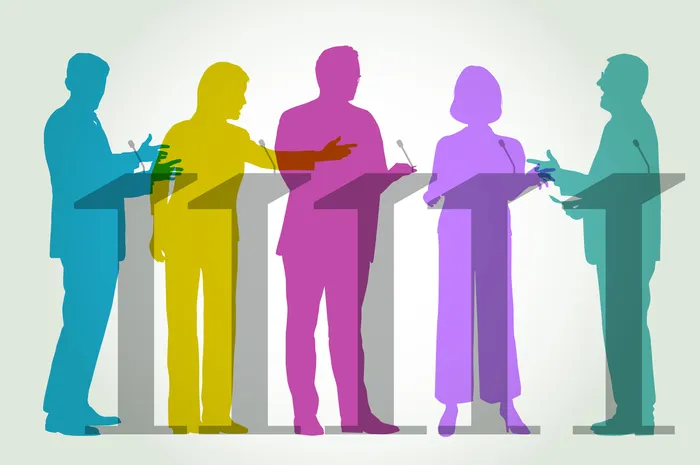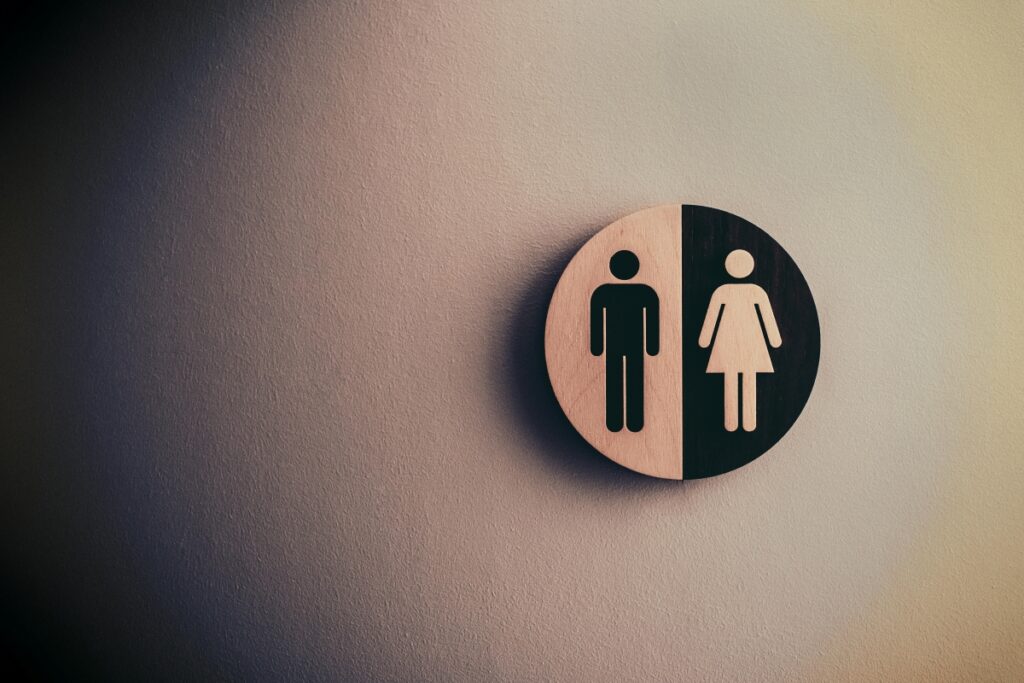By Lydia Chatzopoulou,
Is the promise of gender equality in politics slipping away? The future of work isn’t solely defined by technology, automation, or the need for upskilling-at its core, it’s a matter of power. And currently, that power remains unevenly concentrated. Who dominates the current political stage many may ask. Through the years, there have been political imbalances between gender representations—which of course has consequences. Meaning that when women are not represented in leadership, policies that tackle the unique challenges they face in the workforce are frequently overlooked. The 2025 IPU-UN Women in Politics map reveals that men hold over three times as many executive and legislative roles around the world as women, highlighting a significant gender imbalance in political leadership.
Nations with greater female representation in politics tend to adopt more progressive labor policies that help reduce gender disparities more effectively. For instance, countries that implement measures, like pay transparency and equal parental leave, often have a higher presence of women in leadership roles. On the other hand, those with fewer women in government positions frequently fall behind in achieving wage parity and ensuring robust labor rights. If progress continues at its current pace, it could take nearly 200 years to achieve equal political representation between genders. The main question is: what can we do to speed up this transformation?

The ability to elect political representatives is a core democratic right. However, for much of the history, women were denied this right and only gained the vote in many countries relatively recently. New Zealand was the first to grant women the global right to vote, in 1893. This proves that meaningful change can happen swiftly when there is strong dedication and clear goals. Spain offers a promising example, where the use of candidate quotas in elections has proven effective. Closing the gender gap in political representation is essential—not only for promoting fairness, but also because balanced leadership brings broader societal benefits.
Such milestones are worth celebrating—but they remain exceptions. In 2024, female leadership at the highest political level remained rare, with only five women securing victory in 31 direct presidential contests around the world. Among the nations that elected women as Heads of State were Iceland, Moldova, Mexico, Namibia, and North Macedonia. For Mexico, Namibia, and North Macedonia, these elections marked a historic first in appointing women to the presidency. Furthermore, both Mexico and the United Kingdom made strides toward gender parity by forming cabinets composed equally of men and women, setting a strong precedent for inclusive governance.

What about Muslim counties some may ask. Women’s rights in Islam have long been a subject of heated debate, both within Muslim-majority societies and in Western discourse. Two prevailing mainstream perspectives often portray Muslim women as victims, albeit through different lenses. As a result, many Muslim women who seek to stay true to their faith while also claiming their rights often find themselves caught in a struggle, feeling torn and disheartened by these dominant interpretations. Their voices are essential in reframing the global conversation on rights.
So how can this situation be changed, and what exactly are the benefits? Nations that implement gender quotas in politics tend to experience quicker and more lasting growth in women’s representation, often resulting in notable changes in both policy and economic outcomes—as seen in the case of Rwanda, Mexico, Argentina, France or Norway. Countries like New Zealand, Canada and Sweden have introduced childcare and parental leave policies for female politicians, removing caregiving as a barrier. To create truly representative leadership, both governments and the private sector need to collaborate in aligning corporate boardrooms with the diversity of the societies they serve.

Achieving this goal means more than simply placing women in political roles. True progress requires that women hold real influence, shape agendas, and participate in all levels of decision-making. This empowerment is not only a matter of justice—it is fundamental to achieving the UN Sustainable Development Goals by 2030. Today, with women underrepresented across spheres of power (e.g., corporate boards, parliaments, peace talks)—from legislation to diplomacy—this goal remains distant, yet within reach.
References
- Political leadership roles in 2025: Men continue to dominate. Inter-Parliamentary Union. Available here
- Why we need more women leaders in politics for the future of work. World Economic Forum. Available here
- Women in Politics. Netherlands Institute for Multiparty Democracy. Available here
- Women have made major advances in politics — but the world is still far from equal. Our World In Data. Available here
- Women’s political representation improves, but road to parity remains long. The European Commission. Available here




